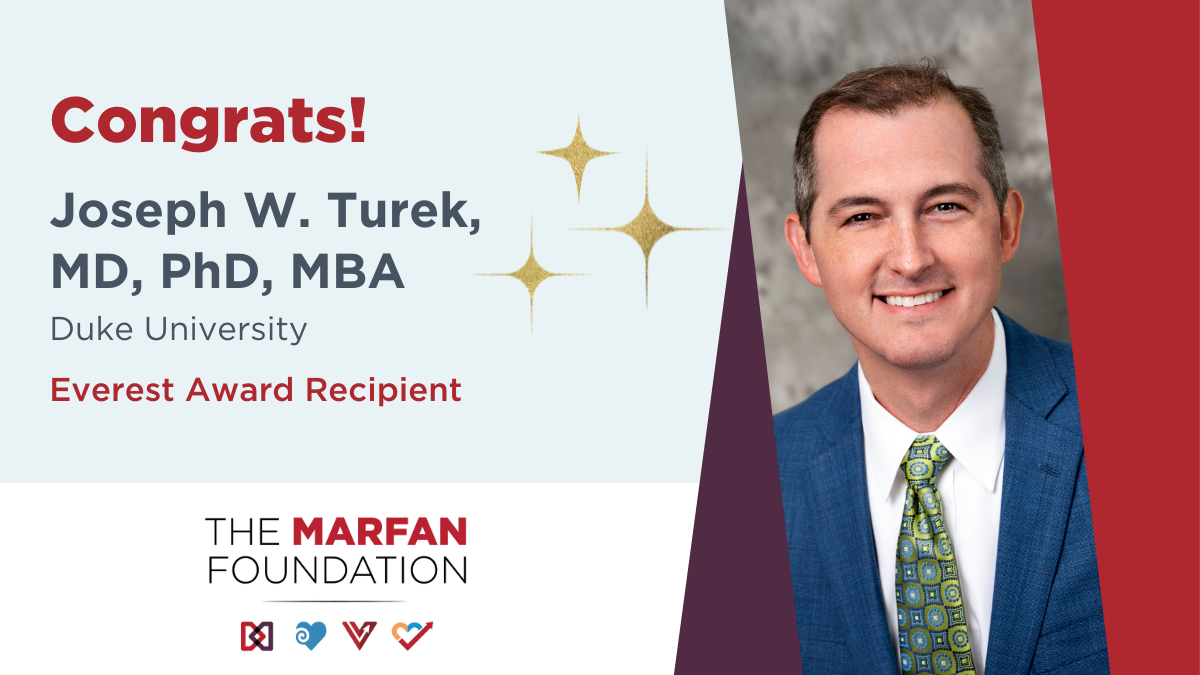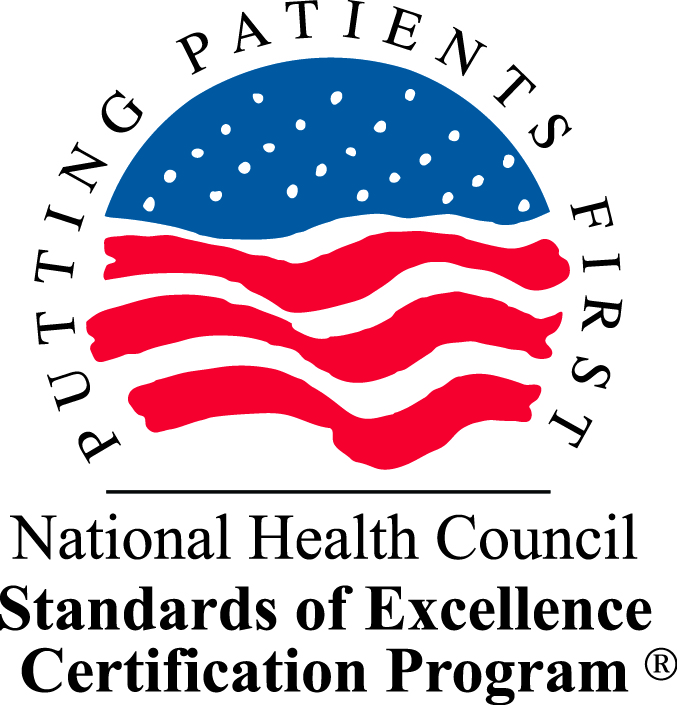
The Marfan Foundation has awarded its largest research grant in history, the Everest Award, as well as $600,000 in other new grants to physicians/scientists as part of its Research Grant program, bringing current total grant funding to $1,285,500.
“Research funding from the Foundation has provided critical seed money to established scientists and has successfully enhanced the pipeline of researchers who are interested in genetic aortic and vascular conditions,” said Craig T Basson, MD, PhD, Chair of the Foundation’s Scientific Advisory Board. “We are now at a crucial juncture where we can more strategically focus on transformational science and aim for cures for these conditions. The Everest Award was designed to promote longer, multidisciplinary, collaborative grants that will help us reach these goals.”
The Everest Award is the largest grant mechanism initiated by the Foundation. It can provide up to four years of funding for a total of $880,000 if yearly milestone goals are met.
First Everest Award Recipient
The Foundation presented the Everest Award, to Joseph W. Turek, MD, PhD, MBA, an academic pediatric cardiac surgeon at Duke University. Since 2017, Dr. Turek has served as chief of pediatric cardiac surgery and executive co-director of Duke Children’s Pediatric and Congenital Heart Center.
The Foundation awarded his project, TRPC4/ATR1 Dual Antagonism Blocks Marfan Aortopathy, $220,000 for one year. There is an opportunity for additional years of funding based on annual milestone reviews by the Foundation’s Scientific Advisory Board.
Current medical therapies slow the rate of aortic growth in people with Marfan syndrome, but they do not eliminate the need for surgery. In preliminary work, Dr. Turek and his team demonstrated that a novel pathway is involved in aneurysm formation in people with Marfan. In animal studies, when a critical protein in this pathway is blocked with medication, these aneurysms do not form. Moreover, this critical protein is found in abundance in the aorta of people with Marfan who require surgery, underscoring its relevance to aneurysm formation.
The Marfan Foundation Everest Grant will allow Dr. Turek and his team to more specifically characterize this pathway, discover drugs that can effectively block the critical protein preventing aneurysms, and identify biomarkers found in the blood that can evaluate the effectiveness of the drug. Ultimately, Dr. Turek hopes this results in better medical treatment for this devastating complication of Marfan, and that people with Marfan can one day avoid surgery altogether.
Additional New Grant Recipients
Career Development Award – $100,000
Marie Billaud, PhD, Brigham and Women’s Hospital
Mitochondria – ECM crosstalk in aortic SMCs of Marfan Patients
Career Development Award – $100,000
Jefferson Doyle, MBBChir, PhD, Johns Hopkins University
Treatment of Axial Myopia in Marfan Syndrome using Prostaglandin Analogs
Innovators Award – $100,000
Delphine Gomez, PhD, University of Pittsburgh
Alteration of H34Kme2 in Marfan syndrome: A driver of aortic dilation
Innovators Award – $100,000
Bart Loeys, MD, PhD, University of Antwerp
Exploration of a novel biomarker for thoracic aortic aneurysm and dissections
Innovators Award – $100,000
Enid Neptune, MD, Johns Hopkins University
Defining Alveolar Epithelial Phenotype in Marfan Lung Disease
Victor McKusick Fellowship Award – $100,000
Josephina Meester, PhD; Bart Loeys, MD, Mentor, University of Antwerp
Pathomechanistic Study of Biglycan Mutations in Aortopathy Development
To support research and progress on Marfan, LDS, and VEDS, please click here.
Watch an announcement about the Everest Award from the Foundation’s Chief Science Officer Josephine Grima, PhD:





